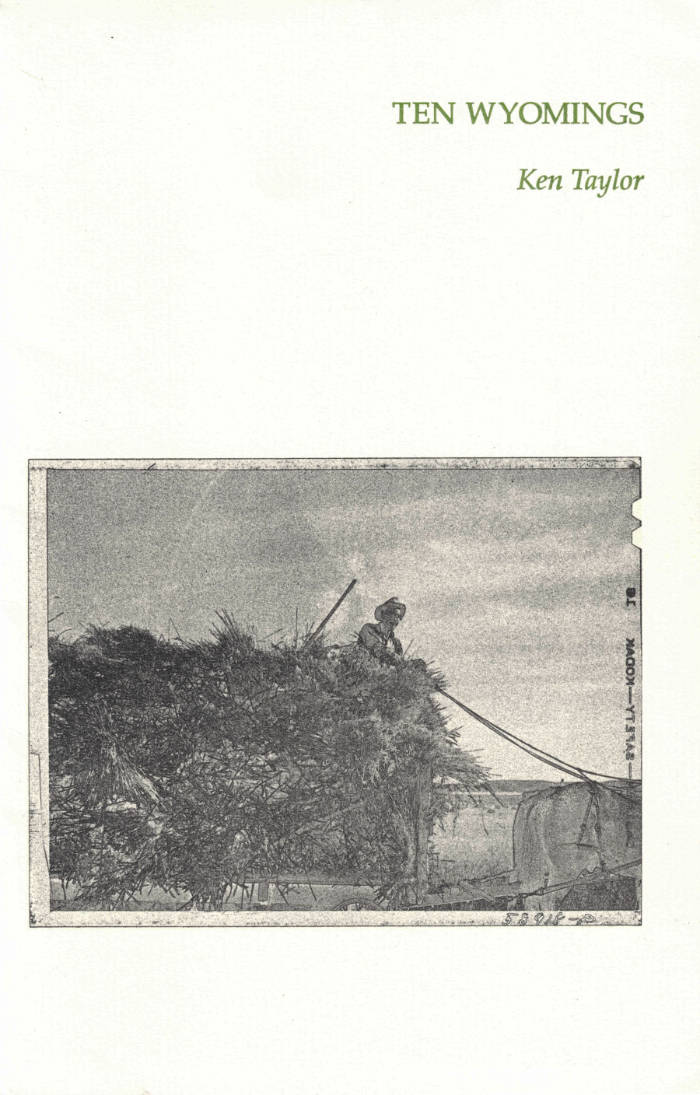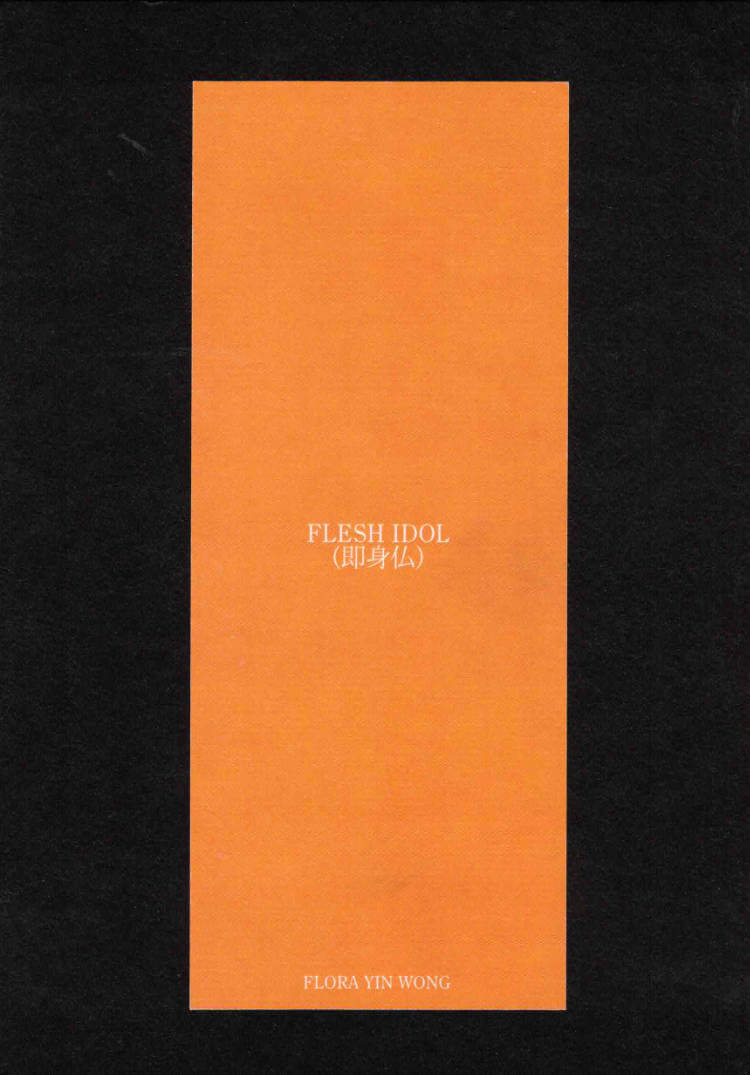
Haiku
Haiku originated in New York City in 1964, when Beat Generation poet Diane di Prima gave West Coast assemblage artist George Herms a series of seasonal poems that would lead him to create a suite of woodcuts illustrating them.
Diane di Prima (1934-2020) was a poet whose writing, activism, and organizing helped define the Beat Generation. She has published more than thirty collections of poetry, as well as memoirs and short stories. She was named Poet Laureate of San Francisco in 2009 and has received the National Poetry Association's Lifetime Service Award.
George Herms (born 1935 in Woodland, California) is an artist/alchemist whose work finding the beautiful in found and discarded objects has led to his being known as one of the founders of the West Coast “assemblage” movement. He has created jazz-inspired sculpture, installations, paintings, drawings, prints, and music all based on an ethics of discovery, rearrangement, and play.
Language: English




